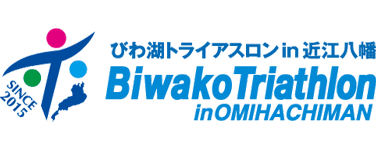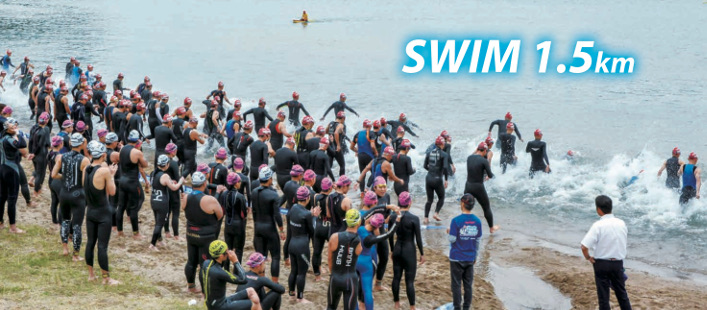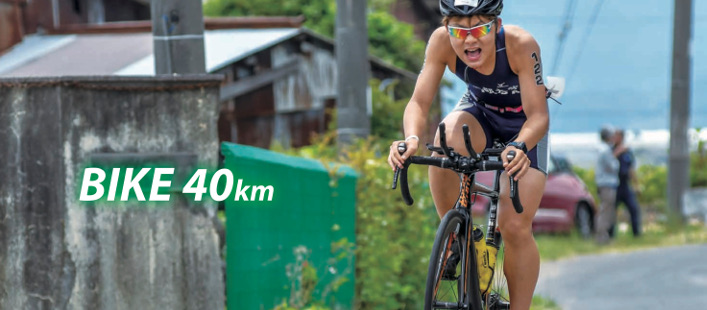
Welcome to the thrilling world of Casino Casper Spins UK Casper Spins com, where endless entertainment and exciting gaming experiences await! This online casino, Casino Casper Spins UK, has quickly carved its niche in the competitive landscape of online gambling. With a blend of innovative gaming technologies, user-friendly interfaces, and an extensive selection of games, players are treated to an unparalleled gaming journey.
Why Choose Casino Casper Spins UK?
The array of choices available to players at Casino Casper Spins UK is nothing short of impressive. Whether you are a fan of classic table games or prefer the exciting action of video slots, you will find a game that caters to your preferences. The well-designed layout of the website ensures that players can easily navigate through various sections with ease.
Game Selection
At Casino Casper Spins UK, the selection is vast. You’ll find everything from traditional games like blackjack, roulette, and baccarat to the latest video slots featuring stunning graphics and engaging storylines. Additionally, live dealer games provide an immersive experience, allowing players to interact with live dealers while relishing their favorite games.
Promotions and Bonuses
Bonuses and promotions are essential in the online casino world, and Casino Casper Spins UK excels in this aspect. New players are greeted with generous welcome bonuses, often including deposit matches and free spins. Regular players can also take advantage of various promotions, loyalty rewards, and seasonal offers that enhance the overall gaming experience.
Safe and Secure Gaming Environment
Safety is a primary concern for any online gambler, and Casino Casper Spins UK takes this matter seriously. The platform is licensed and regulated by a reputable authority, ensuring compliance with industry standards. Advanced encryption technologies are employed to protect players’ personal and financial information, giving you peace of mind while you enjoy your gaming experience.
Payment Options
Casino Casper Spins UK offers a multitude of payment options to suit the diverse needs of its players. Whether you prefer traditional methods like credit/debit cards or modern e-wallets, the casino has you covered. Fast and secure transactions make it easy for players to deposit funds and withdraw their winnings without unnecessary delays.
Customer Support
Customer support at Casino Casper Spins UK is designed to assist players in every way possible. A dedicated support team is available 24/7, ensuring that all inquiries are addressed promptly. Whether you have a question about a game, need help with a payment issue, or seek clarification on bonus terms, the support team is just a click away.
User Experience

The user interface at Casino Casper Spins UK is sleek and modern. The site is optimized for both desktop and mobile devices, ensuring that you can enjoy your favorite games on the go. The browsing experience is smooth, with quick loading times and easy access to games and account features. The casino’s design enhances the overall gaming experience, making it enjoyable for players of all levels.
Mobile Gaming
In today’s fast-paced world, mobile gaming has become increasingly popular, and Casino Casper Spins UK recognizes the significance of catering to mobile users. The mobile version of the casino is fully optimized, providing an equally enjoyable experience as the desktop site. Players can access a wide array of games from their smartphones or tablets, enabling gaming anytime, anywhere.
Responsible Gambling
Casino Casper Spins UK promotes responsible gambling practices and empowers players to enjoy their gaming experience ethically. The platform offers various tools and features to help players set limits on their gambling activities. Whether it’s setting deposit limits or self-exclusion options, Casino Casper Spins UK prioritizes player safety and well-being.
Conclusion
In conclusion, Casino Casper Spins UK stands out as a premier online gambling destination that offers an extensive selection of games, generous bonuses, a secure environment, and exceptional customer support. With its commitment to player satisfaction and responsible gaming practices, it’s no wonder that this casino has gained popularity among players. Whether you’re a seasoned gambler or a newcomer, Casino Casper Spins UK has something exciting in store for you. Dive into the action today and experience the thrill of online gaming at its best!































